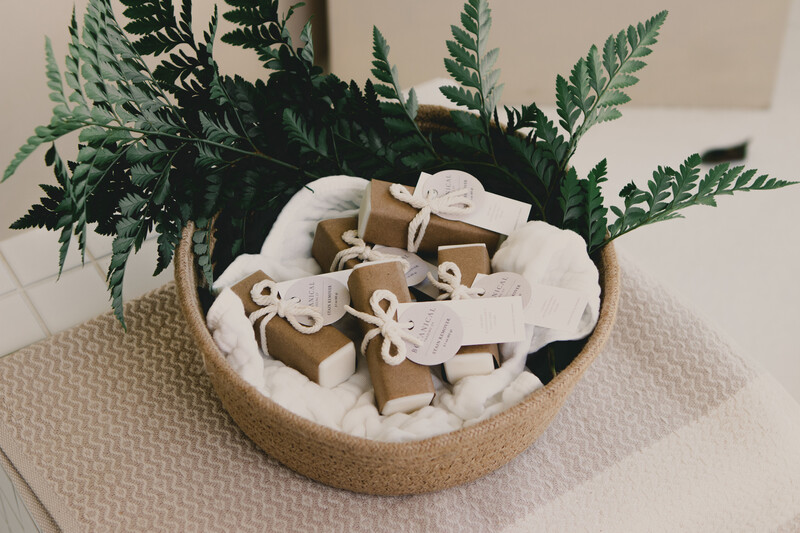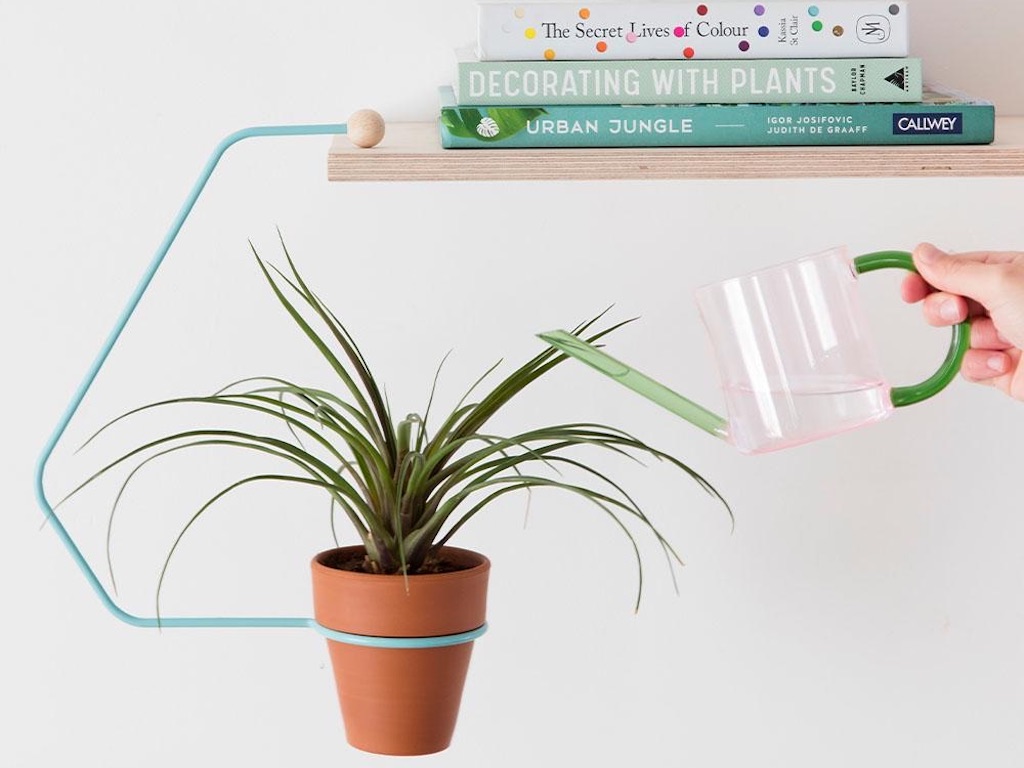
Highlights
- Adding a payout method helps ensure your funds are delivered successfully
- To calculate a payout, consider your nightly rate, extra charges, fees, and taxes
- Discover more in our complete guide to setting up a successful listing

Sustainable. Eco-friendly. Green. Clean. These labels are sprinkled like confetti throughout store aisles everywhere. Together, they’re basically shorthand for this product doesn’t hurt the planet and doesn’t hurt people. And shoppers are clamoring for these items more than ever. If you’re a retailer, you likely have gotten questions from shoppers about how sustainable your offerings are and how ethically they’re produced. Retailers should think seriously about how sustainable their products are as today’s shopper is savvy and aware and cares about the impact their purchase has on the planet.
According to research from McKinsey, consumers not only pay more attention to sustainable products, but they’re also willing to fork over extra cash for them. Nearly 80% of consumers in the survey said that sustainability is important to them, and more than 60% said they’re willing to pay more for sustainable products. So how can you meet this shifting consumer demand? The first step is to understand more about what a sustainable product is, and the second step is knowing where to look for it. This article can help you with both.
What is a sustainable product?
To understand what a sustainable product is, let’s pare it down to just the word “sustainable.” To many, referring to a process as sustainable means it can meet the needs of the present without compromising or jeopardizing future needs. It means an action can be repeated without causing harm. A sustainable product doesn’t deplete our planet’s limited resources and is made in a responsible way that minimizes environmental impact. Sustainable products can provide ecological, social, or economic benefits from the moment they’re created to the moment they’re disposed of. Examples of sustainable products can include everything from these upcycled denim shorts to these plant-dyed organic cotton towels.
Why should you buy sustainable products for your store?
Sustainable products matter for two reasons. One, likely the most important one, is that sustainable products help protect the earth and help safeguard future generations that will rely on the earth’s resources. As far as science knows, we have only one planet that can support our needs. If the planet is damaged beyond repair, there’s no Planet B that humans can escape to. That’s why so many people, from government officials to activists to high school students, herald sustainability.
The second reason? Sustainable products should matter to you because they likely matter to your customers. Depending on your target audience, your average shopper is invested in sustainable products and gravitates to brands that make sustainability efforts. To reach those shoppers and connect with them, your retail brand will need to show it’s aligned with their values. Offering sustainable products in your retail store can build trust and foster brand affinity.
Is there a difference between sustainable products and eco-friendly products?
The short answer is yes. Sustainable is a much broader term that looks at a product’s impact not only on the planet but also on society. It refers to a product’s entire supply chain. Eco-friendly is a narrower term and focuses only on whether a product harms the earth. For example, if a retailer purchases scarves made of recycled materials, but the workers making the scarves are paid exploitative wages, then the product is not sustainable—even though it’s eco-friendly. All sustainable products are eco-friendly, but not all eco-friendly products are sustainable.
How do you know if a product is eco-friendly or sustainable?
If you’re considering a wholesale brand for its promise of eco-friendliness or sustainability, there are clues you can look for or questions you can ask to make sure the brand is being conscientious of the planet with its production. You should beware of greenwashing, which is a tactic where brands pay lip service to the environment with unsubstantiated claims that make the company appear to be more environmentally friendly than it is. We list some tips below.
Look for product details. Dive beyond broad claims and see if there is specific information available about how products are made. It’s one thing for a brand to call its reusable water bottles green, but it’s another to state that they’re made from 100% recycled stainless steel and ocean-bound plastic.
Understand what certifications look like. In the world of sustainability, there are standards and certifications that products must meet to use certain labels. A few industry-specific examples are Fair Trade International, Environmental Working Group, OEKO-TEX, Climate Neutral, and Leaping Bunny. If a product you’re considering doesn’t have a certification on the label, it doesn’t automatically mean the brand is harmful. But seeing a label is a way to know for sure if a product is responsibly made.
Examine a product’s lifecycle. How is the product packaged? Does it arrive wrapped in plastic? How is it distributed? And very important, how long does the product last? Something that needs to be thrown out, like a fast-fashion purchase, is not sustainable or eco-friendly.
Are sustainable products more expensive?
Yes, sustainable products can sometimes be more expensive. This is because a sustainable product likely uses high-quality raw materials and empowers workers with fair wages. This can equate to higher costs for retailers when they’re buying from wholesalers. However, many consumers are willing to pay more for sustainable products.
What are types of sustainable and eco-friendly products?
Now that you understand what defines sustainable or eco-friendly products, you likely want examples of what these products can be. In the consumer world, retailers can offer sustainable versions of most everyday goods in order to target shoppers who are passionate about sustainable lifestyles.
On Faire, these categories are easily searchable. In addition to our curated gift guides, the filters on the platform allow you to group wholesalers by brand values such as eco-friendly, handmade, or organic. You can also filter by where products are made in an effort to reduce your carbon footprint. Check out all eco-friendly product categories below.
Beauty and wellness
Organic and natural products have taken off in the past couple of years as consumers are careful about what they put in their body and on their body. You can find eco-friendly or sustainable options in everything from fragrances to eye shadows to sunscreens.
Household and home decor
People are becoming more invested in greener solutions for maintaining their homes, opting for cleaners and detergents that conserve water and don’t use harsh chemicals.
Jewelry and accessories
When it comes to sustainable jewelry, the category is vast. Whether your shoppers are looking for fashion jewelry or semiprecious accessories, there are countless handmade earrings, necklaces, and bracelets that cater to them.
Kids and baby
Infants and children are much more sensitive than adults when it comes to chemicals or irritants, so conscious parents often look for eco-friendly, responsibly made clothes and toys for their kids.
Novelty
For the makers and hobbyists who might be attracted to your retail brand, there’s a growing selection of eco-friendly or sustainable crafts, from specialty gift wrap to festive party supplies to embroidery kits.
Retailers who include sustainable or eco-friendly offerings for shoppers can successfully open up their brand to wider audiences. It helps to position your brand as socially responsible, which in turn can nurture customer loyalty. If you do it thoughtfully and strategically, you can sell with the knowledge that you’re making positive contributions to the environment and the community.
__
Ready to stock sustainable products for your store? Shop now on Faire.




